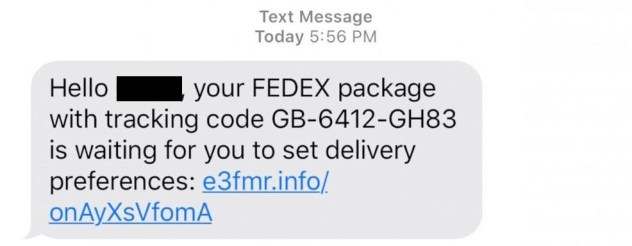Social Security scams are now the #1 phone scam
This past Wednesday, the Senate Aging Committee released a report claiming that social Security scams are now the nation’s leading phone scam. For the first time in five years, social Security scams have outpaced IRS scams when it comes to financial losses. These scam calls resulted in the loss of $38 million in 2019 with most of the losses coming from seniors. The Social Security Administration has promised to bolster education efforts when it comes to warning recipients about these scams. This will include mailers sent to recipients and a banner across the SSA website warning recipients of ongoing scams.
We’ve discussed Social Security scams multiple times in the past. The way they generally work is that the victim will receive a phone call telling them that either there’s been suspicious activity attributed to their Social Security number or that their Social Security benefits are about to be suspended. Sometimes even both these options are threatened. Often these calls will appear as if they’re coming from the SSA’s customer service number which can be easily spoofed. The scammers will then instruct the victims that the problem can be resolved with some kind of payment. This can range anywhere from a few hundred to hundreds of thousands of dollars.
[youtube https://www.youtube.com/watch?v=0rfw-EjbNRk%5D
Unless you have an ongoing case that requires resolution with the SSA, they will never call recipients. If there is an issue with your Social Security number or benefits, the SSA will always reach out by mail. If you receive one of these phone calls that threaten you with legal action or request some form of payment, you’re asked to hang up and report the call to the Office of the Inspector General. If you know someone who could potentially be targeted in a Social Security scam please show them this post, the article we linked to above, or this warning page from the SSA.












Leave a Reply